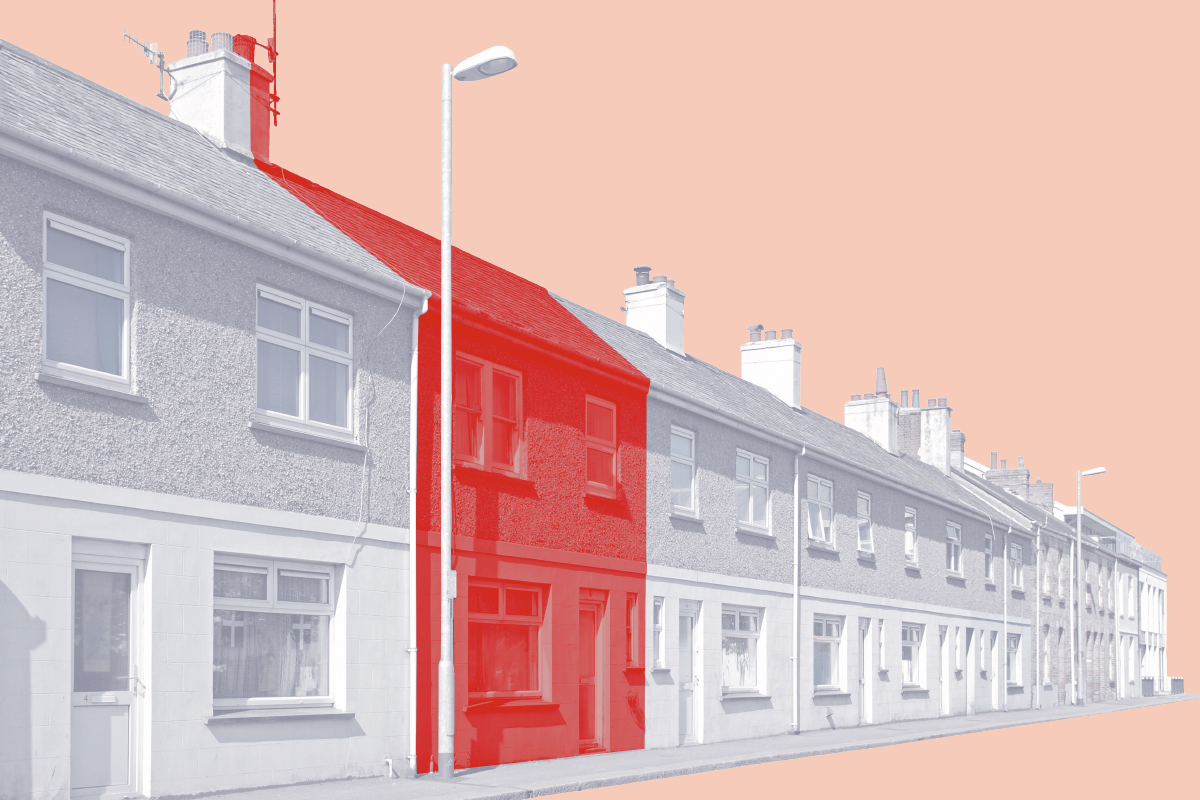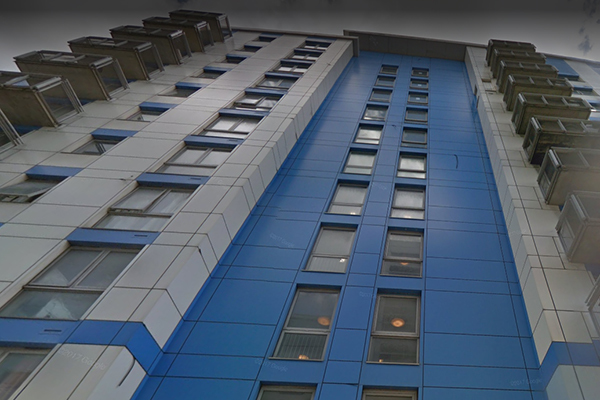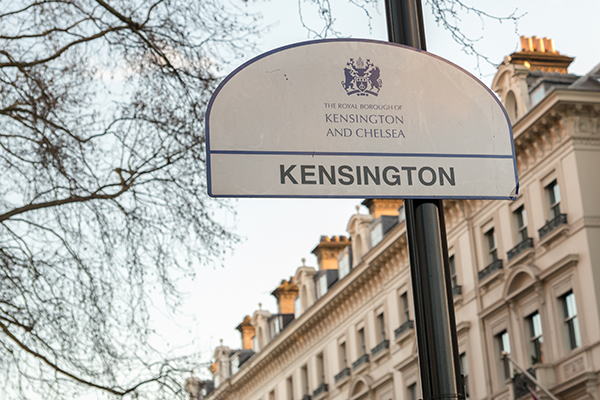You are viewing 1 of your 1 free articles
Council leaseholders have too many freedoms
The many different leases and freedoms that now exist make it difficult for freeholders to carry out their management responsibilities, writes Eamon McGoldrick
The relationship between freeholders and leaseholders has always had potential for conflict and dispute.
Many arguments end up in Land Tribunal hearings, where opponents pour over the details in the lease and its covenants.
Let’s go back to the late 1970s. This was pre-Right to Buy and council leaseholders were a very rare breed.
A council-owned block of 100 flats would have been all social rented. The service may not have been excellent, but tenure and management arrangements were very consistent
The privately owned mansion block just down the road would also have been mono-tenure, but in this case, 100% leaseholders.
Their leases would have been very restrictive, with clear rules such as a requirement for carpets to reduce noise transmission and no pets allowed.
Leaseholders would also be required to pay into a sinking fund for cyclical maintenance works.
Fast-forward to 2018 and very little will have changed with the private block. The rules will almost certainly be the same.
In the case of the council-owned block, tenure and management arrangements will be very different.
A significant proportion of the homes will have been sold leasehold under the Right to Buy. In some London blocks this is as high as 50%.
“The Right to Buy dream has turned into the freeholder’s nightmare.”
Of those, around 40% will be sublet (70% in Milton Keynes, as revealed in a recent Inside Housing article).
These sublets will be part of the growing private rented sector, with some being used for temporary accommodation or nightly Airbnb lets!
Right to Buy was meant to be a dream come true for council tenants. A chance to get away from your municipal landlord and move into homeownership.
It was also about having a mixture of owners and tenants living alongside each other.
This may have been the case in the early years, but as time has gone on, buy-to-let investors now own huge numbers of ex-council flats and for them it’s a business where their aim is to maximise income and minimise their outgoings.
The Right to Buy dream has turned into the freeholder’s nightmare. Here are some of the challenges councils now face.
First, if the block was 100% social rent with individual gas boilers, there would be a requirement for each tenant to give access for an annual gas service.
Leaseholders in council-owned blocks are not required to abide by the same rules and as a result you can now have two flats on the 15th floor of a tower block, where the tenanted flat has had 10 boiler services in the past decade and the leasehold flat has not had any checks on the boiler over the same period.
How can that be right when health and safety of all residents is the freeholder’s number one priority?
Second, there is a long history of council leaseholders refusing access or not wanting to pay for essential fire safety works.
“Leaseholders in council-owned blocks are not required to abide by the same rules.
Many landlords have had to take legal action against leaseholders simply to get new fire-resistant front doors and closers fitted.
Some landlords are not chasing leaseholders for charges simply to ease getting the works done.
This is unfair as the financial burden falls on others.
Of course, leaseholders should have the right to be consulted and receive assurances on value for money, but they cannot be allowed to put the safety of others at risk for commercial and financial gain.
Finally, the use of ex-social rented housing for Airbnb lets is totally unacceptable. If you book a hotel room, you can expect that on arrival, you will be furnished with documents on what to do if a fire breaks out.
The room will have notices on the wall and corridors will have signage clearly indicating the means of escape.
“There needs to be new legislation which requires leaseholders to give access and pay for essential safety works.”
This will not be the case in an Airbnb let in a council tower block which was never intended to double up as a hotel.
In my view, council leaseholders have too many freedoms, and the many different leases that exist are making it very difficult for freeholders to carry out their management responsibilities.
There needs to be new overarching legislation which requires leaseholders to give access and pay for essential safety work, provide certificates to evidence annual gas servicing and tighten up the rules around subletting.
Eamon McGoldrick, managing director, National Federation of ALMOs











